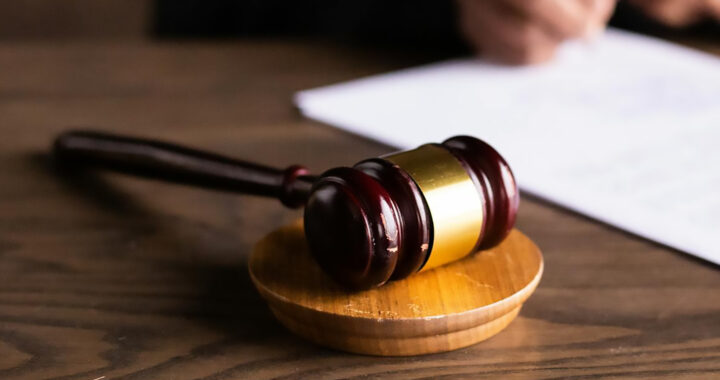In a late Monday ruling, Delaware Court of Chancery Judge Kathaleen McCormick upheld her earlier January 2024 decision, which found that the board of Tesla had been unduly influenced by Elon Musk when approving his original pay package in 2018. The pay deal was valued at approximately USD 2.6 billion. It rose to USD 56 billion in January 2024 and further rose to USD 101.5 billion when the market closed on 2 December 2024.
The Legal Battle Over the Multi-Billion Tesla Pay Package of Elon Musk: Background and an Explanation of the Delaware Court Verdict
Background
The board of directors of Tesla granted its chief executive Elon Musk a large stock-option package in January 2018. This has been considered one of the most unique and ambitious chief executive pay plans in history. It was specifically structured as an equity-based performance plan designed to reward Musk for creating significant value for the shareholders of Tesla.
Note that the board specifically believed that the pay plan would align the interests of Musk with those of the shareholders and create long-term value rather than short-term achievements. Tesla was facing challenges at the time, including delays and losses, and the board wanted to incentivize its chief executive to increase its stock value and scale its operations.
The total value of the package was tied to 12 performance milestones. These were specifically linked to both the market capitalization and revenue growth of Tesla. Each of these milestones had corresponding stock options that would vest upon achieving the targets. The entire compensation package was valued at over USD 55 billion if all performance targets were met.
In April 2018, Tesla shareholder Richard Tornetta filed Tornetta v. Musk in Delaware and sought the rescission of the multi-billion package. Judge Kathaleen McCormick agreed in January 2024. Musk responded on his X platform not to incorporate in Delaware. Shareholders approved to reincorporate Tesla in Texas and reapproved the compensation in June 2024.
Oppositions
The original lawsuit argued that the compensation package was excessive and lacked proper oversight. It noted that the board had been heavily influenced by Musk who was not only the chief executive but also had significant control over the company. Furthermore, because Musk played a role in the design and negotiation of the package, the process lacked independence.
Another point raised in the lawsuit was the excessiveness of the compensation package. The performance milestones were tied to the market value of Tesla. The company was already growing at an extraordinary rate at that time and it was forecasted to continue to do so. The lawsuit argued that the rewards Musk stood to gain were disproportionate to his contributions.
Observers also noted that Musk does not receive a cash salary or bonus for his work at Tesla. He specifically earns through highly lucrative stock option packages that allow him to accumulate millions of Tesla shares at a fraction of their market value. The rewards from the stock options might also outpace the actual value Musk contributes to the company.
Decisions
Judge McCormick riled in January 2024 that the Tesla board did not exercise sufficient independence and rigorous oversight when approving the high-stake compensation package. She also underscored that Musk and the members of the board were responsible for proving the fairness of the compensation plan. However, as it stood, both failed to meet this burden.
The Delaware Court of Chancery specifically emphasized that the approval of the compensation package violated the principles of corporate governance and the specific idea that executive compensation should be scrutinized by independent directors and serve the interests of shareholders. It ruled that the approval had not met the legal standards of fairness.
Elon Musk attempted to reverse the January 2024 decision through his attorneys. However, on 2 December 2024, McCormick denied the motion and upheld her earlier decision. She noted that Musk is entitled to some form of compensation but the current package was unfair to shareholders. The court further ordered Tesla to pay USD 345 million in plaintiff attorney fees.
McCormick also agreed with the assertion made in the Tornetta v. Musk lawsuit, which claimed that the board members were too close to the chief executive, thus, casting doubts on the merits and fairness of the decision to greenlight the package. She also noted that Musk himself admitted he had only “negotiated against himself” regarding his own compensation.
